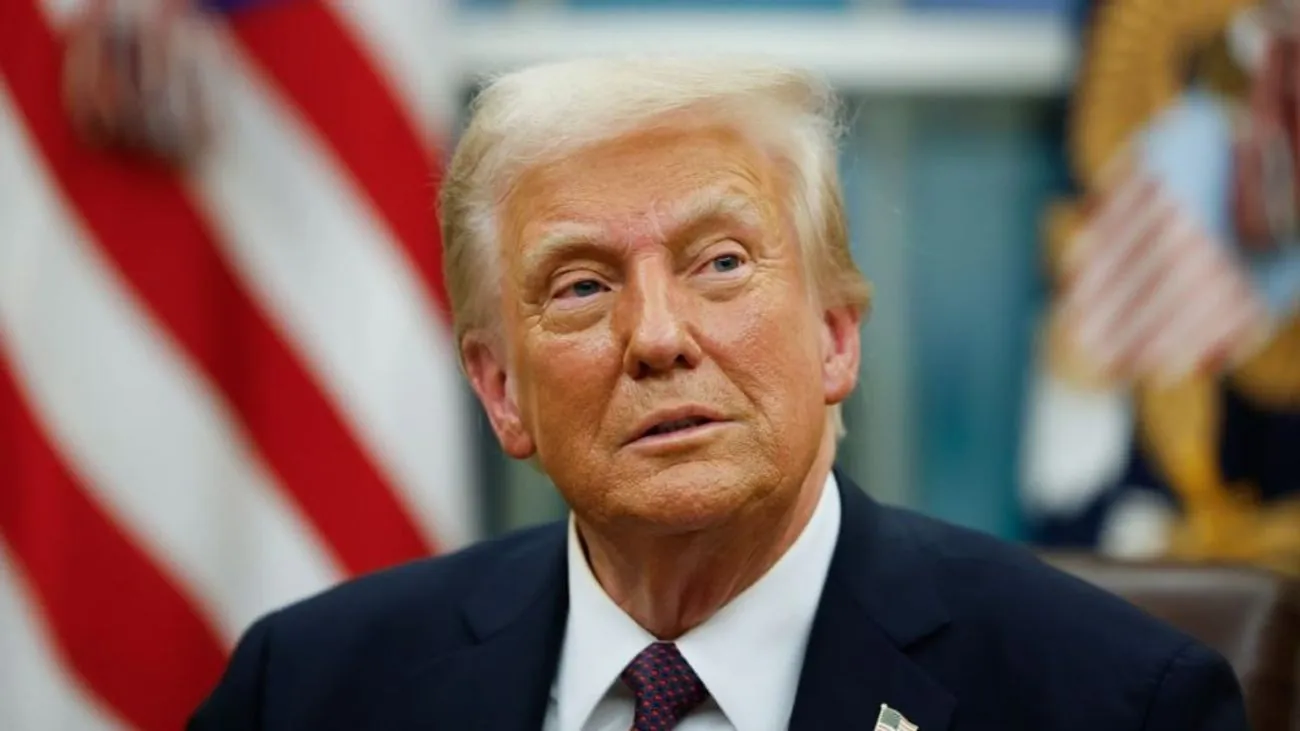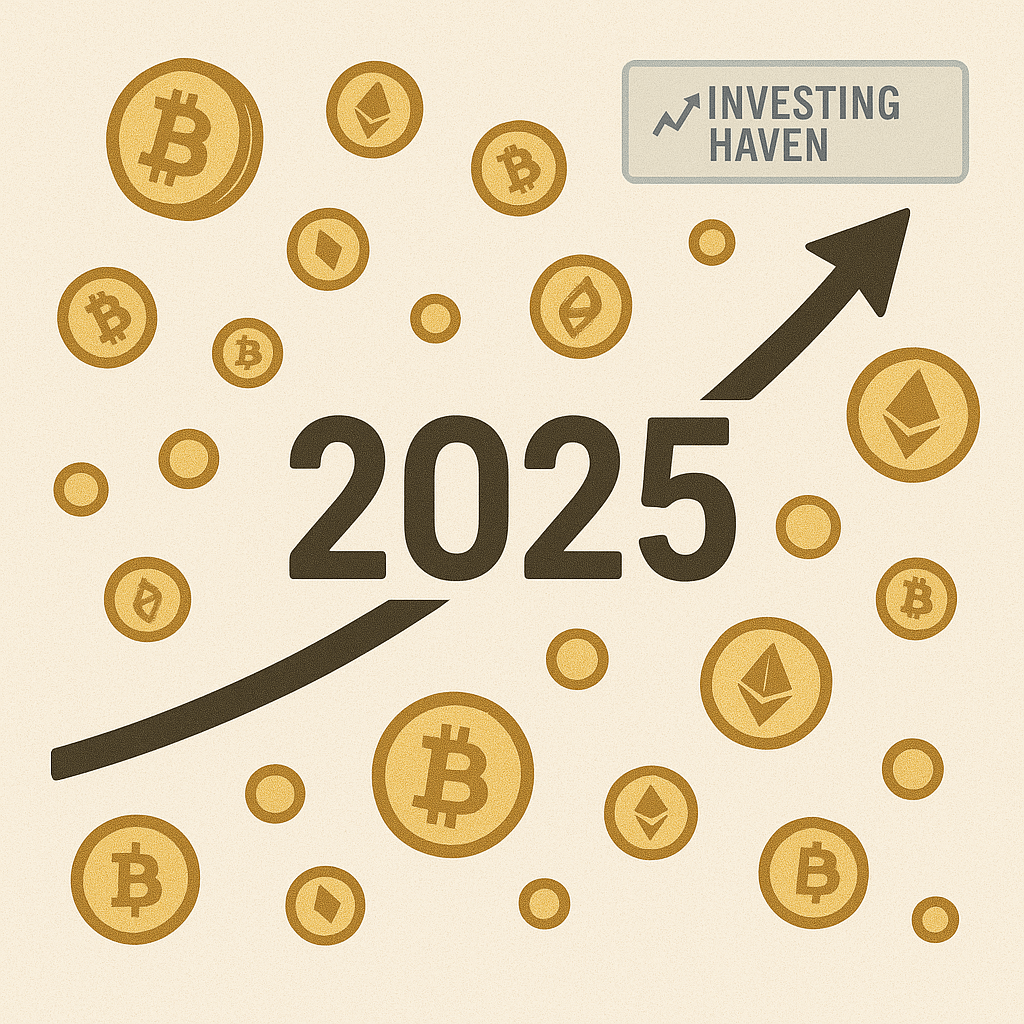- Gemini set to get licence from Malta - sources
- Coinbase poised to get green light from Luxembourg, says source
- Approvals fuel row among European regulators
PARIS/FRANKFURT, June 13 (Reuters) - Two of the world’s largest cryptocurrency companies are poised to secure licences granting them access to operate across the European Union, as a rift grows among regulators over the speed and rigour of some countries' approvals, according to sources familiar with the matter.
Under the EU’s new Markets in Crypto-Assets (MiCA) regulation, which came into force earlier this year, member states can issue licences that allow crypto companies to operate throughout the 27-nation bloc, but some have raised concerns in closed-door meetings about the speed with which licences are being granted, two people familiar with those discussions said, asking not to be named because of the sensitivity of the matter.
Sign up here.
At stake is the oversight of the multi-trillion-dollar crypto industry, which regulators have long warned could facilitate fraud, market instability and illicit financial flows if it is not properly supervised.
MiCA aims to bring crypto under the same regulatory umbrella as traditional finance, but some fear that uneven enforcement could undermine its goals.
Gemini, a crypto trading platform founded by billionaire twins Tyler and Cameron Winklevoss, is on the verge of receiving a licence to operate from Malta, the smallest country in the European Union, two people said.
This follows Malta’s earlier approvals of OKX and Crypto.com, granted within weeks of the new regime’s introduction.
The pace of Malta’s approvals has drawn scrutiny from other national regulators, who meet under the umbrella of the European Securities and Markets Authority (ESMA). France's AMF has publicly warned that ESMA's lack of direct authority could lead to a "regulatory race to the bottom".
Another senior regulatory official, who did not wish to be identified, said that they were concerned about accepting licences granted in countries where regulators had fewer staff, citing Malta as one example.
ESMA has scrutinized Malta's licensing process, with a report due to be circulated in the near future, said one of those people.
A spokesperson for the Malta Financial Services Authority said it had granted four crypto licences so far and was able to move fast due to its past experience, adding that "expedited processing" was due to its "in-depth understanding acquired over these years".
It said its local money laundering standards were strict. ESMA declined to comment.
OKX said its application was "rigorous" and that compliance was a priority.
SELF INTEREST?
The regulatory debate has intensified with expectations that Luxembourg will soon grant a licence to Coinbase
(COIN.O), opens new tab, the first U.S. crypto-focused company to join the S&P 500, one of the people said.
While the application has been in progress for several months, one person pointed to the relatively modest size of Coinbase's planned operation in Luxembourg.
A Coinbase spokesperson did not comment on its application but said it employed 200 in Europe and that it invested in staff to ensure operations were safe.
The spokesperson said Luxembourg was a "high-bar, well respected global financial centre" and that Coinbase would hire more than 20 people there by the end of the year.
Luxembourg's financial watchdog declined to comment.
One person familiar with Luxembourg's thinking dismissed any suggestion that the country was lax and said some critics were rather motivated by self interest in a race to attract crypto firms.
Coinbase’s anticipated approval is seen as a setback for Ireland, where relations with the crypto industry have cooled. In 2023, Central Bank Governor Gabriel Makhlouf compared crypto to a Ponzi scheme, warning that “most of the time when you gamble, you’re actually losing.”
The global cryptocurrency market is currently valued at roughly $3.3 trillion but it has seen crises, such as the collapse and fraud of top U.S. exchange FTX in 2022.
The European Union has long had to contend with divergence between its members.
The dispute is unfolding as European politicians consider granting greater powers to regulator ESMA.
While the European Union is united as a trading bloc and writes much regulation centrally in Brussels, countries vie with each other to attract international businesses.
ESMA head Verena Ross has also pushed publicly for more powers to oversee crypto, although one person familiar with discussions among EU politicians said several countries were sceptical.
Reporting by Elizabeth Howcroft in Paris and John O'Donnell in Frankfurt, additional reporting by Hannah Lang in New York; Editing by Elisa Martinuzzi and Louise Heavens
Our Standards: The Thomson Reuters Trust Principles., opens new tab
Elizabeth Howcroft reports on finance and technology, including Europe's "fintech" industry and cryptocurrencies. She was part of the team which won a Loeb award and SABEW award for covering the collapse of crypto exchange FTX in 2022.
As one of Reuters' chief correspondents, John focuses on stories at the intersection of industry, the economy, finance and politics. From around Europe, chiefly London, Germany and Brussels, he has reported about the fallout of war, the energy crisis, China’s sanctions regime, economic rescue efforts for Afghanistan, money laundering in the Baltics, corporate frauds and bank scandals. He has also covered the 2008 economic crash and aftermath, the European Central Bank, European politics and banking.









 English (US) ·
English (US) ·